
Why UK seas are so important
Why UK seas are so important
From sheltered sea lochs to wild open waters, from seaweed beds to deepwater coral – the UK’s coasts and seas truly are amazing.
Our seas are some of the hardest working in Europe. As well as being home to an amazing range of wildlife and environments they also support many important industries.
We might not always appreciate it, but we have a great variety of exciting sealife on our own doorstep – from dolphins, whales, sharks and seals to puffins, seahorses, and rare pink sea fans.
And of course our seas and coasts are vital for people and livelihoods too – not just our essential fishing industry but tourism, shipping and the growing renewable energy sector.
That’s why we’re working hard to tackle the threats facing our seas – like the growing demand for resources such as fish, increased shipping and pollution, and climate change. Join us and let's help protect our seas…
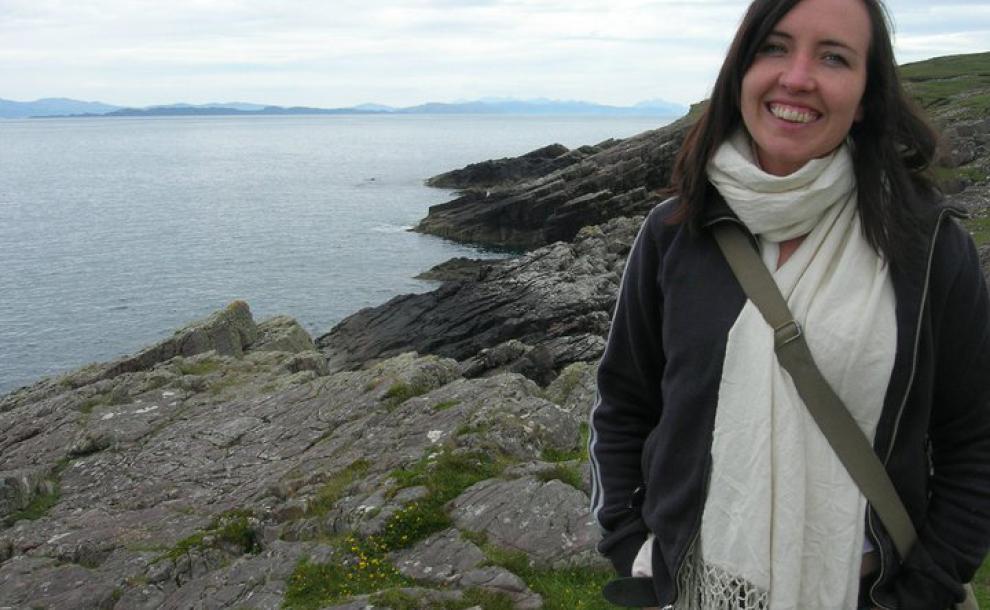
"I’ve been fascinated by the sea since I was a child. I remember standing on the shore as an eight-year old, wondering what lay beneath the dark and stormy waters. I’m passionate about our wonderful seas and about the exciting work that we do to improve protection and management to help ensure they are healthy and productive well into the future"
Head of UK marine policy
54.178103070278, 0.99976007684194
The UK seas
The seas provide different challenges to land when it comes to conservation. Water moves freely across borders and it is not enough to focus only on the UK seas.
We have to look at what is happening in our neighbouring seas too as what happens there directly affects the health of the UK seas.
Our work covers most areas of ocean surrounding the UK – from the Shetland Islands in the far north, down both the Atlantic and North Sea coasts, including Irish waters and part of the English Channel, all the way down to Brittany in north-west France. We also work closely with colleagues in neighbouring countries to ensure a joined-up approach.

About UK seas
About UK seas
Our work on UK and Celtic seas spans the coastlines and waters of the whole of the UK and Ireland – including big estuaries like the Shannon, Severn and Solway Firth – down to Brittany in north-west France, and parts of the open Atlantic and North Sea.
They include some of the most important fishing and shipping routes in Europe and beyond, and have huge wind, wave and tidal power potential.
But despite the importance of our seas, it has to be said they’ve not been managed very sustainably. Overuse and a lack of proper protection has caused environmental damage. Some vulnerable species like the harbour porpoise are now at risk.This also puts industries and peoples’ jobs at risk as a healthy economy needs healthy seas.
We’re working closely with all the people involved in using, regulating and protecting our seas – including government, scientists, industry and local communities.
We want to make sure the laws already passed – like the UK and Scottish Marine Acts – are put into practice effectively. So that we make sure our valuable marine industry has a sustainable future, and our seas are properly valued and looked after.
Find out about the UK SEAS project.

Legal protection for our seas
We've campaigned for years to persuade UK governments to pass legal ‘Marine Acts’ to protect our seas – and by 2010 we’d succeeded in getting a UK and Scottish Marine Act. The Acts provide plans for better management of UK seas – including a commitment to introduce specific marine protected areas. We now need to hold our governments to their word and make sure a big enough network of properly-managed protected areas are created. We also led the PISCES project and the Celtic Seas Partnership to bring together politicians, scientists and industries to set up collaborative and innovative approaches to managing the UK and Celtic Seas. We believe that putting the people that use the sea at the heart of management and giving them the opportunity to influence how their seas are managed is vital in keeping the UK’s seas healthy.
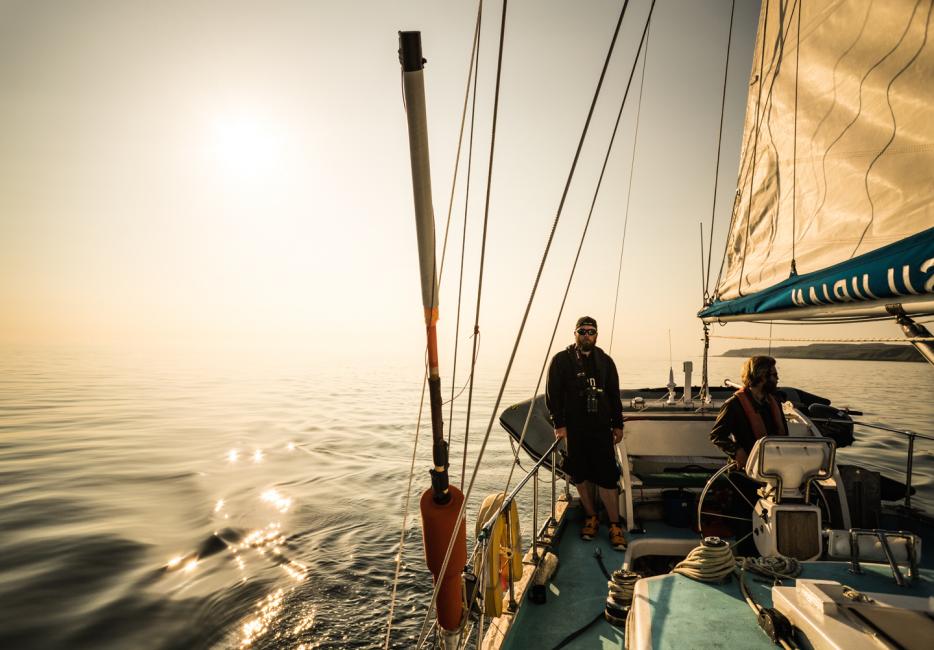
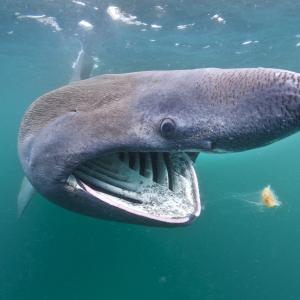
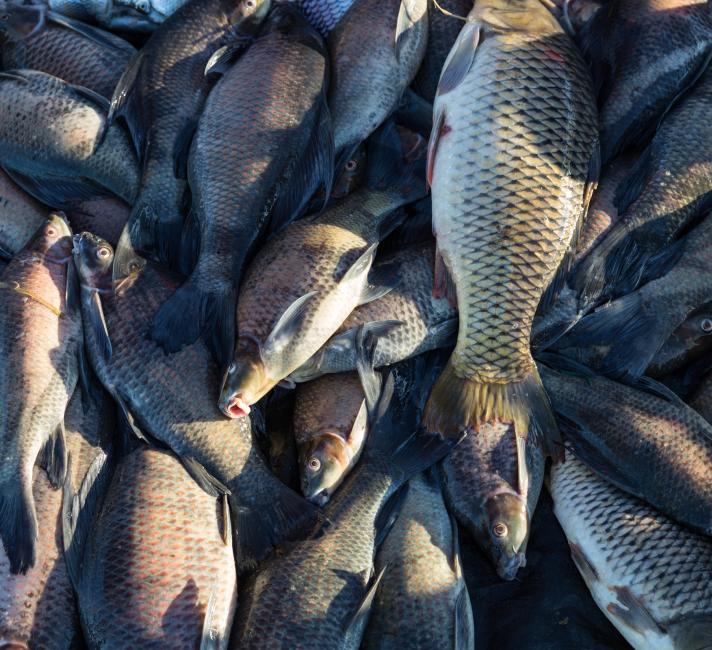
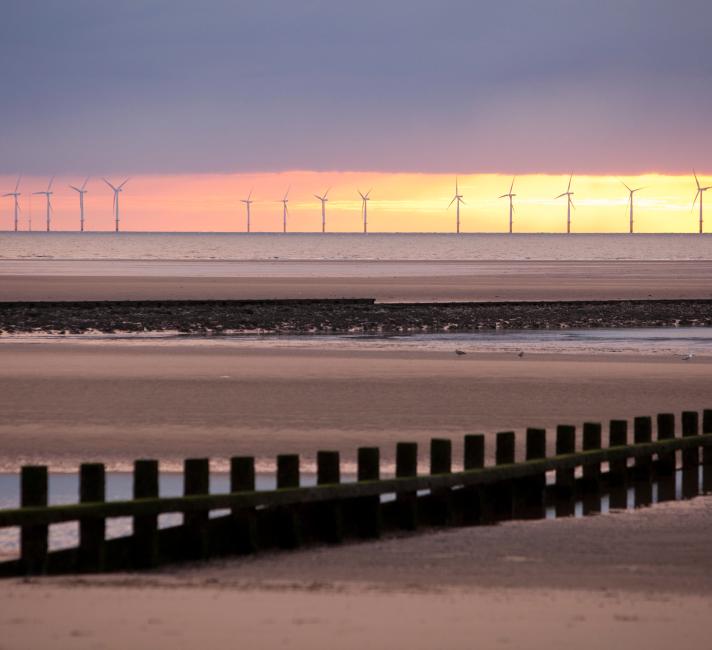
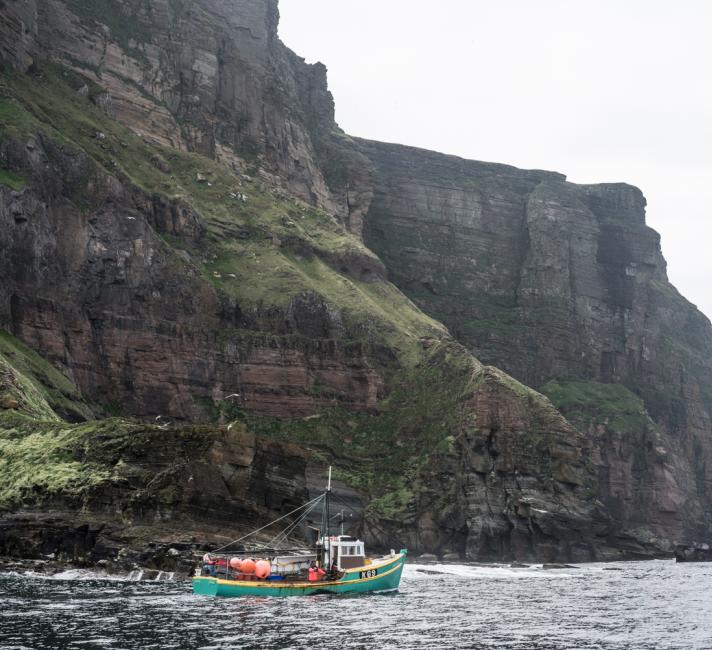


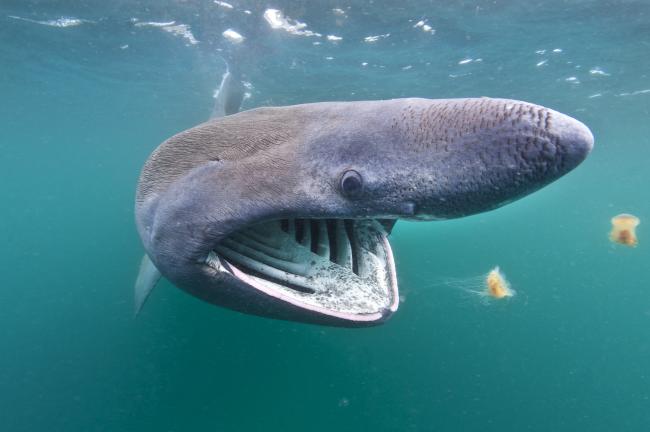

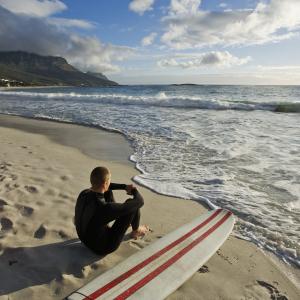
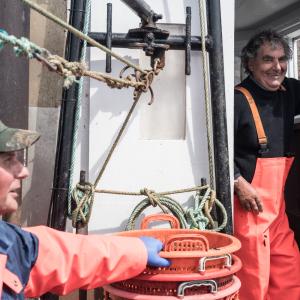
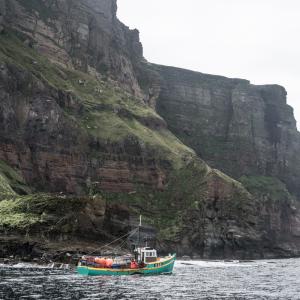
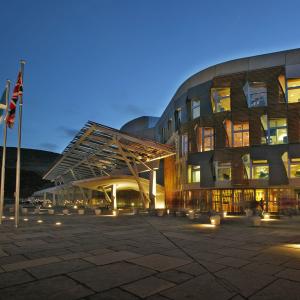

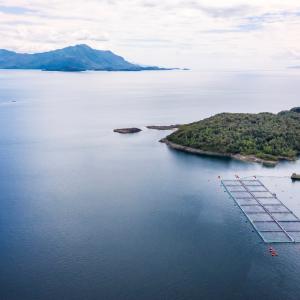
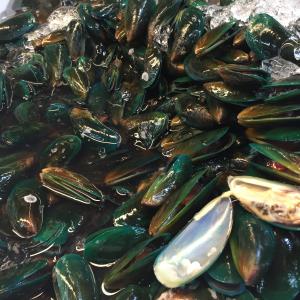
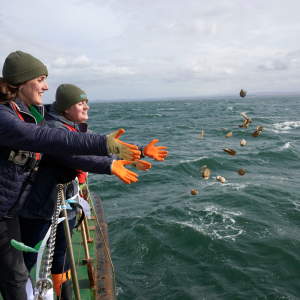
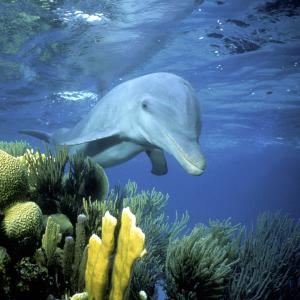 Learn about the bottlenose dolphin
Learn about the bottlenose dolphin
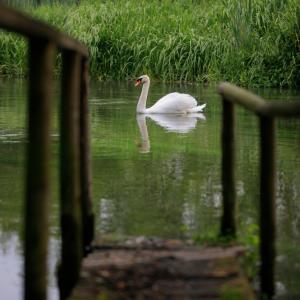 UK rivers and chalk streams
UK rivers and chalk streams
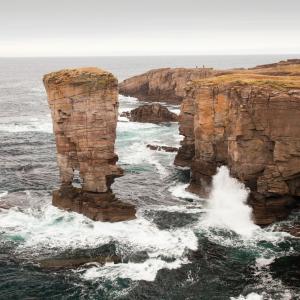 10 species you might not know live around our UK seas
10 species you might not know live around our UK seas
 5 threats to UK wildlife
5 threats to UK wildlife